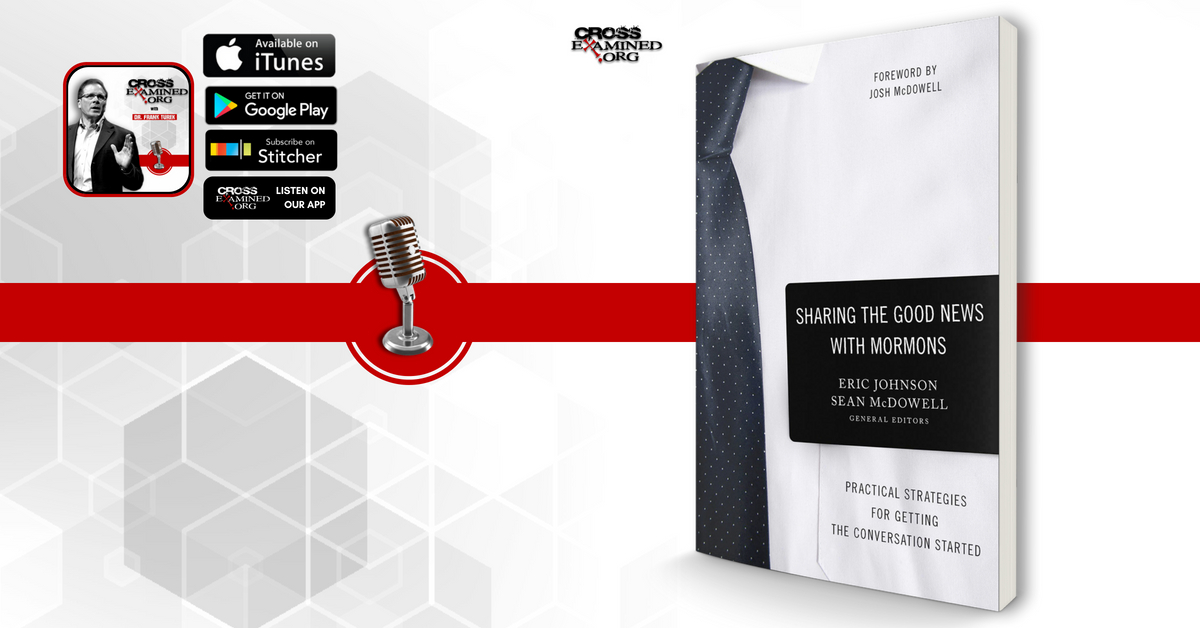Energy. Universe. I AM. Manifesting. Meditation. Visualize. Source.
These are just a few words that were familiar to me in the New Age/Thought. These have different meanings in the Christian world and for the average person. Sandra Tanner, a well-known former Mormon, once said, “if you [as a Christian] find yourself agreeing with a Mormon, then someone hasn’t defined their terms.” This isn’t just true with Mormonism. Even though people use the same words, we must understand their definition of what they mean to understand when it departs from Orthodox Christianity. We need to make a distinction between beliefs.
I will attempt to list what I consider to be the top 5 New Age terms that need to be clarified. I will define what these words mean in the New Age vs. what they mean in Christianity. This is not an exhaustive definition but is a general understanding of each word. Because New Age is such a “salad bar” belief system, many people who consider themselves “spiritual” can define each of these slightly differently.
1. Energy- In the New Age, this can mean an invisible power or force that can change and affect things. I used to think of this as a sort of “magic.” We’re all made up of energy and can manipulate it with our thoughts, words, and feelings. It’s the all-encompassing power in the Universe that allows us to manipulate our surroundings and reality. Sometimes, people in their pursuit of mixed spirituality will mistake this for being the “Holy Spirit,” that God is really Universal energy.
In Christianity, when someone says “good vibes” or “bad energy,” it’s not the same thing. They’re trying to convey a bad or good feeling of sorts. Sometimes people innocently use this word to size up what we’re feeling in a room or with people. Scientifically speaking, of course, it’s the general energy our body gives us to move. In Biblical Christianity, we understand there’s a spiritual realm. Thoughts and feelings play a part in how God works, but they’re not the basis of truth. As Christians, we have the Bible and the guidance of the Holy Spirit, but a significant difference is that we recognize God’s sovereignty over our own.
2. Universe/Source- In the New Age, Universe and Source (with a capital “s” and “u”) are buzz words for a pantheistic type of “God”: all is God, and God is all. All are One, and all are united. It can be seen as an “it,” an impersonal force, perhaps a form of conscious ‘love’ fueling the cosmos, and it grants us our desires and guides us. This is where we receive our answers from.
In Christianity, these definitions are used quite literally. The universe is a creation of God. God does not equal the Universe. He holds the universe in His hands. God is personal. He has feelings and is our Creator. He’s not our genie that grants wishes. He’s not submissive to us.
3. I AM- In the New Age, this is a huge affirmation word. I AM has creative power in your life. You say it, believe it, speak it into the universe, and so it shall be. Like Christianity, I AM is another name for God in the New Age. However, the implications are startlingly different. This is a word used to tap into our personal divinity, being able to tell the Universe what we need from it. I AM well. I AM rich. I AM complete etc., are all examples of what I used to say to make it so. In other words, Jesus was claiming His divinity when He said He was the I AM. We all can claim this divinity just like He did because He is the “Way-shower.” The late Wayne Dyer, a popular New Thought teacher, was especially vocal about this teaching. He says:
“The words I AM are your sacred identification as God- your highest self. Take care how you use this term because saying anything after I AM that’s incongruent with God is really taking the Lord’s name in vain!… I AM God is not blasphemy. It’s your identity!”
Pretty cringe, right?
I AM in Christianity is so different! This is Jesus’ exclusive claim to be God, the one and only. In the Old Testament, God claimed to be the I AM. This was the Great I AM, the testimony of the identity of Yahweh, the Almighty God. In my opinion, no other word best describes the attributes of God than “I AM.”
He is the fullness of perfection and is all we need.
4. Manifesting/Visualize- These words are used a lot together in the new age. Whatever you think and feel, you manifest in your reality. The Law of Attraction, a New Thought teaching that says “like attracts like,” is probably one of the biggest examples of this practice. If you visualize it (whatever “it” is, good or bad) and send the energy out into the Universe, then it will mirror that and manifest in your world. This is why positive thinking and actions are paramount to the type of outcome you want to manifest in your life. Growing up, I was told that visualizing was a form of “prayer” to the universe.
In Christianity, in general, there’s nothing wrong with thinking ahead in life and having a mental image of the desired outcome in our lives. A lot of people do this with no metaphysical intentions. But the most significant difference is that we’re not our own sovereigns. We are under the will of the Father. His will be done, which is tough for some people to accept. This means voluntarily giving up control. In Christianity, whatever we have isn’t there because we manifested, visualized, or attracted it to us. God is the one who’s ultimately in control if we’ve given Him our lives.
5. Meditation- New Age meditation is a meditative state where we are all about our energies, chakras, one with the universe, visualizing, etc. It’s a mental state focused on finding inner peace and enlightenment of sorts. Many people will meditate in hopes of having a vision, meeting their spirit guide, or invoking inner peace or a spiritual awakening.
In Christianity, this word means something very different. Believe it or not, meditation itself isn’t unbiblical at all. It’s what we’re meditating on that makes the difference. Many scriptures point to meditating on God’s word and Him alone. An example of this is perhaps memorizing scripture and focusing on God’s will around a particular avenue we should go in life. Our focus is on God and His will.
Does anyone notice a theme of sorts here? In the New Age/New Thought, it’s all about us and our will.
In Christianity, it’s all about God and His will.
Recommended resources related to the topic:
Jesus, You and the Essentials of Christianity by Dr. Frank Turek (INSTRUCTOR Study Guide), (STUDENT Study Guide), and (DVD)
How to Interpret Your Bible by Dr. Frank Turek DVD Complete Series, INSTRUCTOR Study Guide, and STUDENT Study Guide
_____________________________________________________________________________________________________________________________________________________
Melissa Dougherty is a Christian Apologist best known for her YouTube channel as an ex-new ager. She has two associate’s degrees, one in Early Childhood Multicultural Education, and the other in Liberal Arts. She is currently pursuing her bachelor’s degree in Religious Studies at Southern Evangelical Seminary.




